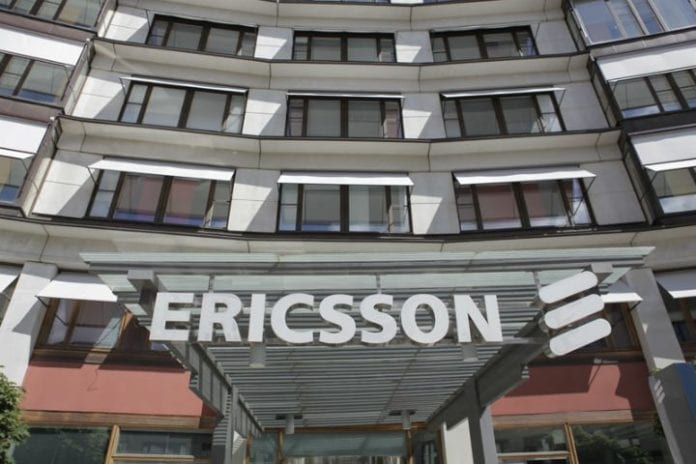Ericsson said it was too early to determine or predict the outcome of the investigation
Swedish vendor Ericsson said that the United States Securities and Exchange Commission (SEC) has opened an investigation concerning the matters described in the company’s 2019 Iraq investigation report.
In a short statement, Ericsson said it was fully cooperating with the securities regulator and it was too early to determine or predict the outcome of the investigation.
The vendor had said in February that an internal investigation had found it may have made payments to the Islamic State militant group in Iraq at least back in 2011.
The U.S. Department of Justice (DoJ) is also investigating the company’s handling of the investigation. Ericsson had previously said it would likely be fined by the U.S. authorities for its handling of a bribery investigation in Iraq.
“The resolution of these matters could result in a range of actions by U.S. Department of Justice (DOJ), and may likely include additional monetary payments, the magnitude of which cannot at this time be reliably estimated. As this process is ongoing, we remain limited in what we can say about the historical events covered in the Iraq investigation and our ongoing engagement on the matter. We are fully committed to co-operating with the DOJ and our work to further strengthen our Ethics and Compliance program, controls and our culture remains a top priority,” Ericsson’s CEO Börje Ekholm previously said.
In February, Ericsson said that Iraq investigation included the conduct of Ericsson employees, vendors and suppliers in Iraq during the 2011-2019 period. The company noted that the investigation found serious breaches of compliance rules and the Code of Business Ethics. It identified evidence of corruption-related misconduct, including: Making a monetary donation without a clear beneficiary; paying a supplier for work without a defined scope and documentation; using suppliers to make cash payments; funding inappropriate travel and expenses; and improper use of sales agents and consultants. In addition, it found violations of Ericsson’s internal financial controls; conflicts of interest; non-compliance with tax laws; and obstruction of the investigation.
“The investigating team also identified payments to intermediaries and the use of alternate transport routes in connection with circumventing Iraqi Customs, at a time when terrorist organizations, including ISIS, controlled some transport routes. Investigators could not determine the ultimate recipients of these payments. Payment schemes and cash transactions that potentially created the risk of money laundering were also identified.”
Ericsson had said that the company continues to work with external counsel to review the findings and remediation resulting from the 2019 investigation to identify any additional measures that the company should take.

